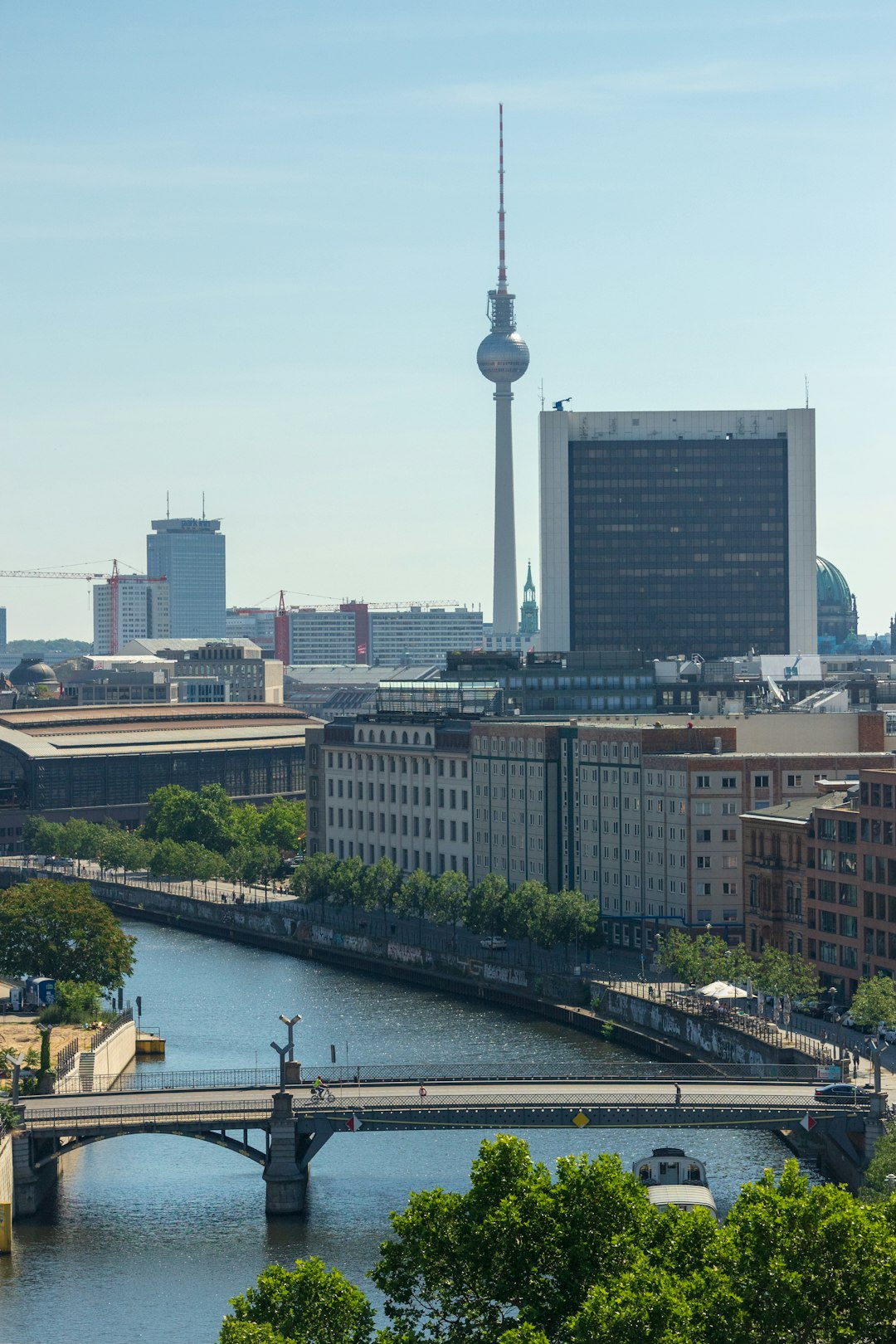Germany is one of Europe’s most robust economies, offering a wide range of job opportunities for skilled professionals. Whether you’re a seasoned worker or a recent graduate, having a well-crafted resume—known in Germany as a Lebenslauf—is essential to land a job. Writing a CV for the German job market involves specific formatting rules, cultural expectations, and document conventions that differ from those in the US or UK. In this guide, you’ll learn how to write a resume that meets the expectations of German employers and stands out for the right reasons.
Understanding the German Resume Format
The German Lebenslauf is typically more factual and concise than resumes in other countries. It focuses on clear structure, professional tone, and chronological order. Most resumes are no longer than one to two pages, and personal information is still widely included.
Here are the key components of a standard German CV:
- Personal Information
- Professional Summary (optional)
- Work Experience
- Education
- Skills
- Languages
- Certifications and Additional Information

Include Personal Information
Unlike in some countries where personal details are kept to a minimum, German CVs traditionally include:
- Full name
- Date and place of birth
- Nationality
- Address and contact information
- Marital status (optional, becoming less common)
Including a professional photo at the top right of your resume is still standard in Germany, although this is slowly changing with international influence. If you do include a photo, make sure it is recent, formal, and professionally taken.
Professional Experience and Education
Work experience should be listed in reverse chronological order, with each position including:
- Job title
- Company name and location
- Dates of employment (month/year format)
- Key responsibilities and achievements in bullet points
Education should also be listed starting from the most recent degree or certification. Include the institution name, field of study, degree earned, and dates of attendance. If you’re applying from outside Germany, use recognized equivalents or explain your country’s education system briefly.

Highlight Skills and Languages
Germany values specific skill sets, especially in technical and engineering roles. Your resume should include:
- Technical skills (software, machinery, systems)
- Soft skills (leadership, communication, problem-solving)
Fluency in German is a significant advantage, even in international companies. List your language abilities and indicate your proficiency level using the Common European Framework (e.g., A2, B1, C2).
The Role of a Cover Letter
While this article focuses on the resume, don’t ignore the Anschreiben—the German cover letter. It complements your resume by providing context and expressing motivation. It should be personalized and succinct, usually limited to one page.
Layout and Formatting Tips
Clean formatting reflects professionalism. Use:
- A maximum of 1–2 pages
- Clear section headings
- A professional font (e.g., Arial, Calibri, Times New Roman)
- 11–12 point font size
- Consistent bullet points and spacing
PDF is the preferred file format when submitting your resume online or via email. It ensures proper formatting and compatibility across devices.
Declare and Sign
At the end of a traditional German CV, it’s common to include a final statement such as:
“I hereby affirm that the information provided is accurate and complete.”
This is usually followed by the date and your signature, either handwritten or digitally added to a PDF. While newer formats sometimes omit this, it is still appreciated by many employers.
Cultural Considerations
Germans are known for their preference for order and precision. Your resume should mirror these values. Avoid exaggeration and stick to facts—employers appreciate clarity and honesty. Titles and academic degrees matter in Germany, so include them if applicable.

Final Thoughts
Writing a resume for the German job market requires attention to cultural norms, structure, and precision. Tailor your document for each role, and don’t underestimate the value of small formalities like photo inclusion or CV declarations. With a clear, professional layout and thoughtfully chosen content, your resume can make the right impression on German employers and increase your chances of landing that crucial interview.





